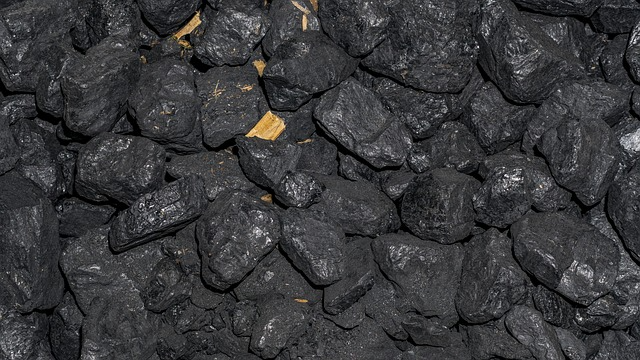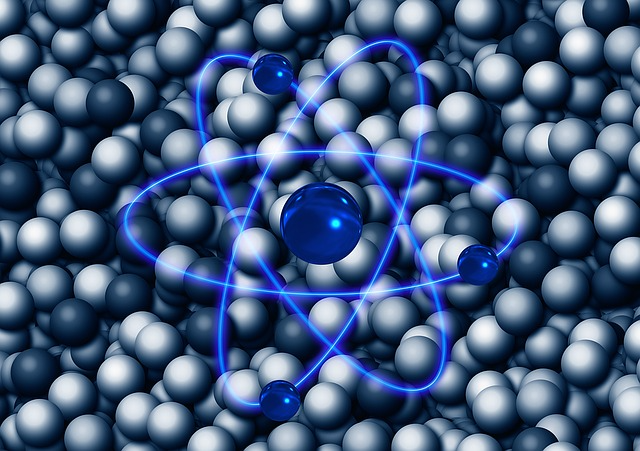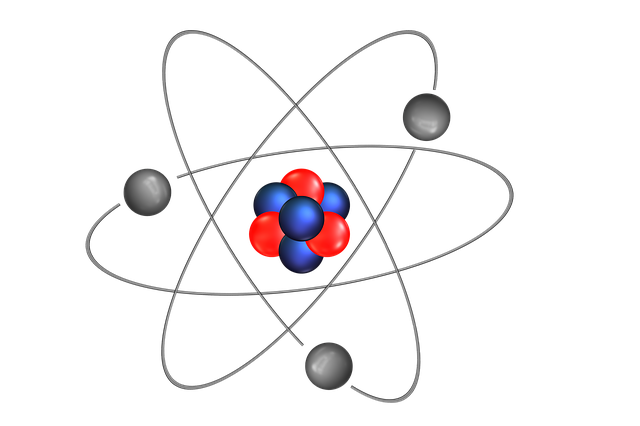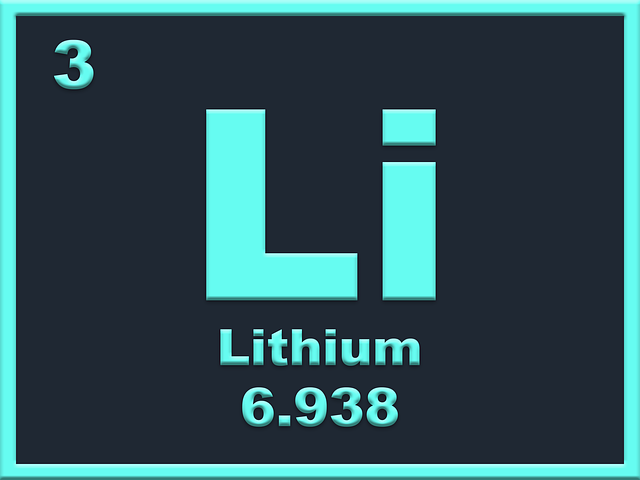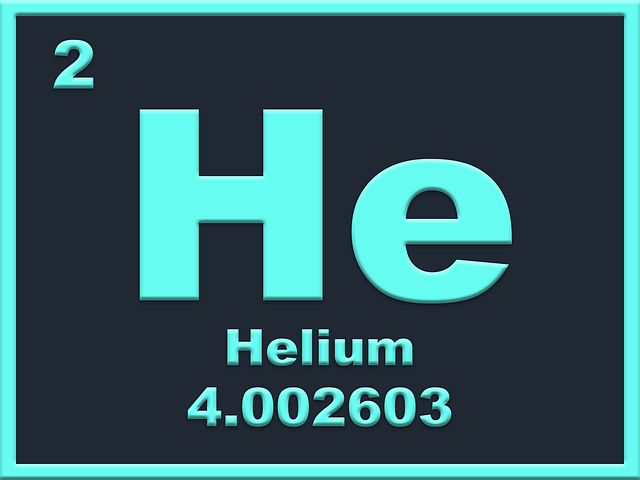A carbon sink is a natural reservoir that stores and accumulate carbon-containing compounds for indefinite periods of time. Carbon sink helps in lowering the concentration of atmospheric CO2. Ocean and vegetation are the two important carbon sink.
Why is carbon important?
Carbon holds a special place among other elements of the periodic table. It is sometimes called the "king of the elements" because it can form a vast number of chemical compounds. Almost ten million compounds have been identified as having Carbon. It plays a very vital role in organic chemistry. In other, without carbon, we wouldn't have organic chemistry. It is an important element of life. Within the DNA of a human to a piece of steel in our car has carbon. The protein, carbohydrates and lipid all have carbon as their backbone and skeleton. The pencil rolling on the paper, the demand in the ring and a Carbon fibre in the car all are made of carbons. So, we can't deny the importance of carbon.
What is carbon footprint?
The carbon footprint is the total emission of greenhouse gases produced by the direct or indirect activities of a human, organization or a defined population or a nation. Methane and carbon dioxide are the two greenhouse gases that can be emitted through the burning of fossil fuels. But Kyoto protocol describes some six greenhouse gases which are;
- Carbon dioxide
- Methane
- Nitrous oxide
- Hydrofluorocarbons
- Perfluorocarbons and
- Sulfur hexafluoride.
These gases can be produced through the consumption, production of foods, roads, buildings and many other activities.
This idea of Carbon footprint is derived from the ideal of ecological footprint developed by Mathis Wackernagel and William E. Rees in the 1990s. Later on, it was manipulated by the oil companies through advertisement in 2005 to shift the individual perspective. They succeed in campaigning to instruct individuals to calculate their personal footprints while the companies increase the extraction of fossil fuels.
